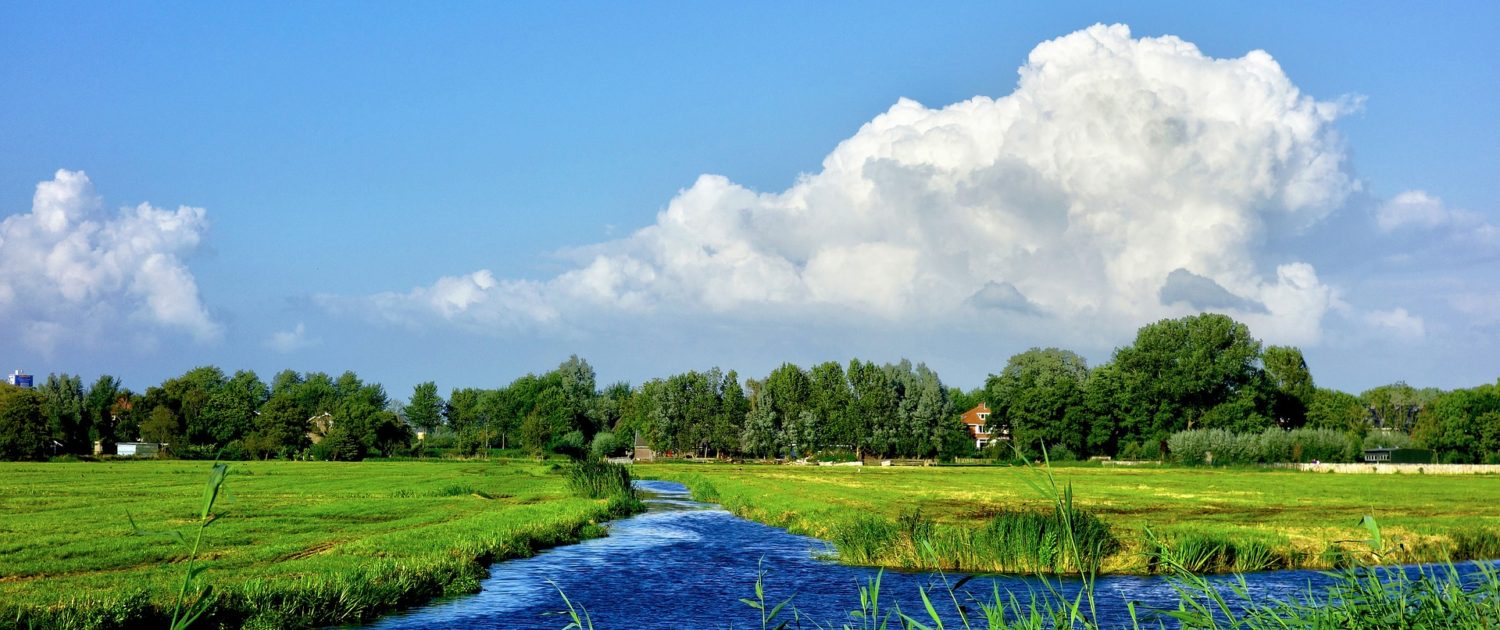
WOTUS Comment Period CLOSED
On December 11, the U.S. Environmental Protection Agency (EPA) and the Army proposed a new definition of the Waters of the United States rule (WOTUS). This proposal is now available for public comment. The REALTORS® Land Institute and National Association of REALTORS® have been strong supporters of the review of the original WOTUS rule, as laid out by President Trump’s Executive Order, to ensure that both private property rights and clean waterways are protected. RLI encouraged all land professionals and landowners to comment by the April 15 deadline in support of the revisions and had released this template letter which could have be used when commenting on the new WOTUS proposal.
RLI WOTUS Letter (Deadline to Comment: CLOSED)
Mr. Andrew Wheeler
Administrator
U.S. Environmental Protection Agency
Mail Code 28221T
200 Pennsylvania Avenue NW
Washington, DC 20460
RE: Comments on the Revised Definition of the “Waters of the United States” proposed rule,
Docket Id. EPA–HQ–OW–2018–0149
Dear Administrator Wheeler:
As a small businessperson and member of the Realtors® Land Institute, thank you for the opportunity to comment on this proposed rule to define the Waters of the U.S. (WOTUS).
I support this proposed rule because it strikes a balance between regulatory clarity and transparency on the one hand, and the need for robust environmental protection of waters and wetlands on the other. It aligns with Supreme Court precedent and seeks to preserve the states’ roles in regulating waters within their boundaries. It is based on sound science but also reflects reasonable legal interpretations on the appropriate scope of the agencies’ regulation under the CWA. In addition, the proposal retains and clarifies the Prior Converted Cropland exclusion that is a critical component for healthy rural agricultural real estate markets and land conservation purposes.
The proposed rule stands in stark contrast to the 2015 Waters of the U.S. Clean Water Rule. That WOTUS Rule, which was finalized but never fully implemented, would have swept many more waters under authority of the federal government, would have made it more difficult to determine what level of government had jurisdiction over specific waters and would have increased regulatory uncertainty, costs and burdens.
This new proposed rule is a big step in the right direction for clean water and deregulation. This proposal will benefit my business by (for example, reducing regulation that could inhibit the sale of land; enable a property owner to maximize fully the value of land; or enhance property values by the increase of clean water resources.)
I write on behalf of land professionals across the country who care deeply about clear regulations, clean water and property rights. This proposal goes a long way to correct past agency practices, guidance, and interpretations that have improperly expanded the scope of federal water regulation beyond the appropriate bounds of regulation under the CWA and the constitution.
Sincerely,
Your Name


